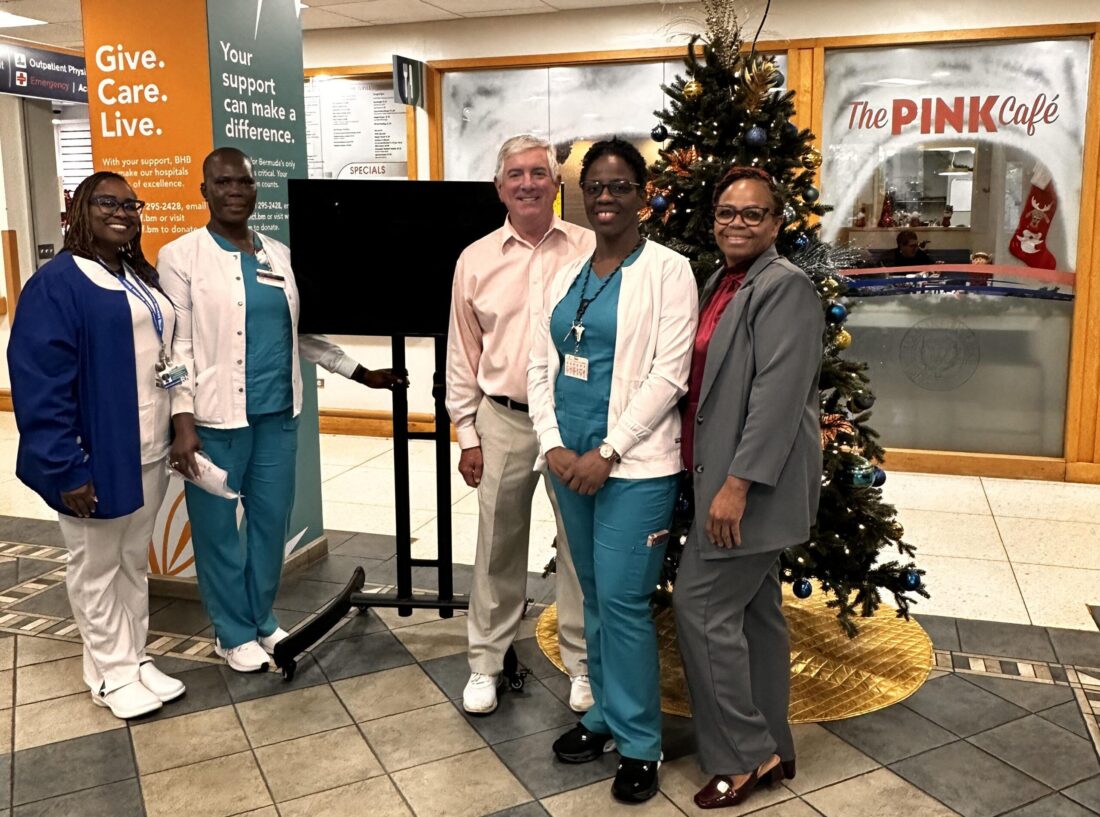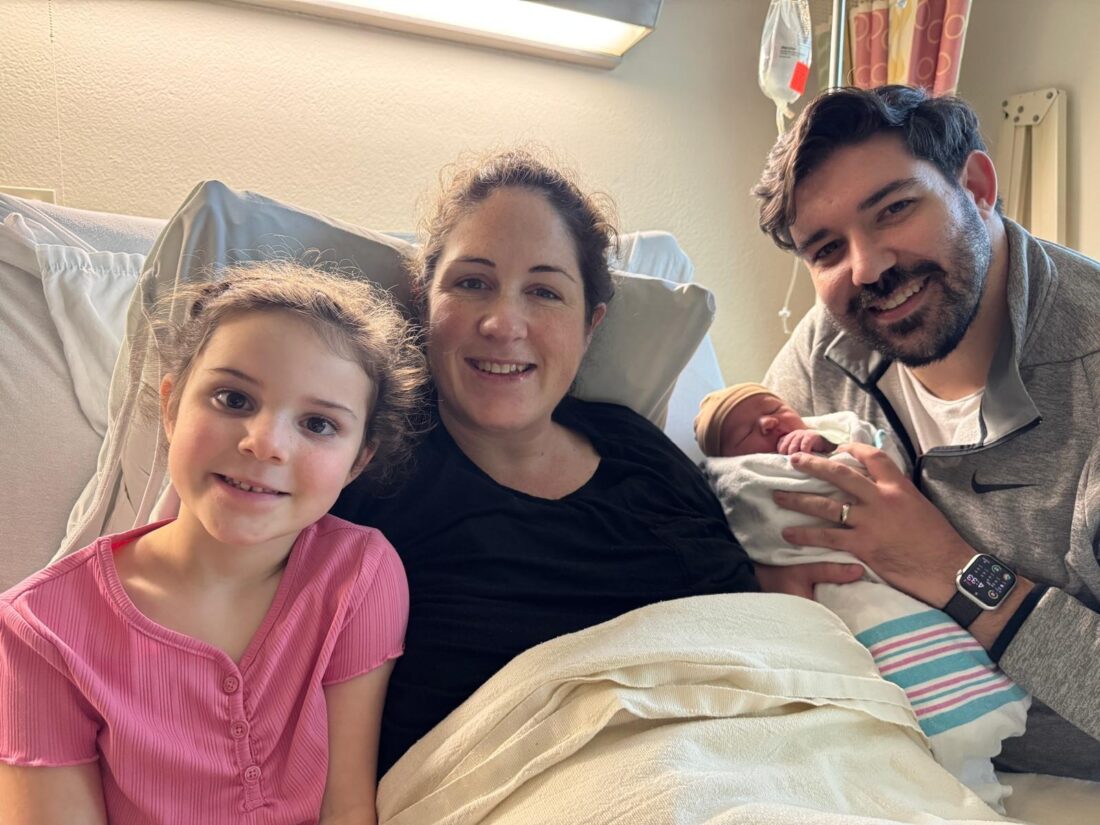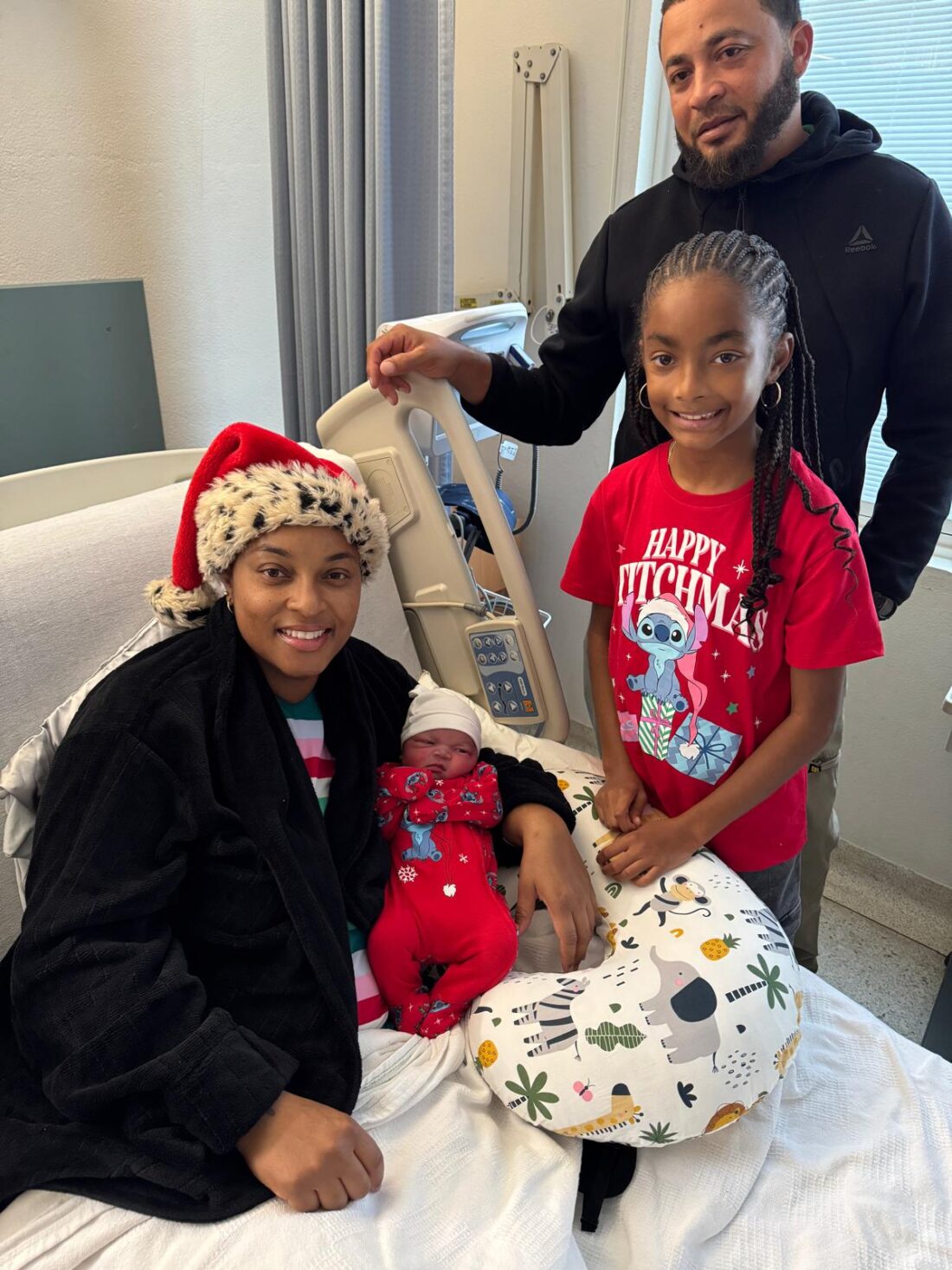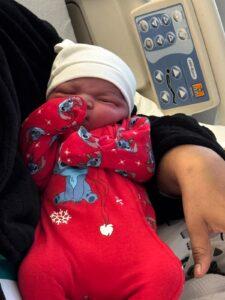Bermuda Hospitals Board to demolish Archlyn Villa
Thursday 12 February 2026: Bermuda Hospitals Board (BHB) today announced that it will commence demolition of Archlyn Villa on St John’s Road, Pembroke this month.
The decision was made after extensive reviews of the building, which has been uninhabited since 2014.
Preston Swan, Chief Operating Officer comments: “We fully appreciate the historic significance of Archlyn Villa and have taken advice on what should be preserved from the building. However, it is not possible to repair the current structure and leaving it is unsafe. We are mindful too of our area neighbours who are faced with a deteriorating building.
BHB purchased the building in 1990 and used it for staff accommodation up to 2014. Extensive maintenance and repair were needed at the time and meant the facility could no longer be used for housing.
“The goal is to use this site for staff accommodation in the future,” Mr Swan notes. “We will ensure our commitment to commemorate this site as a place of historical significance, specifically as one of the first tourist accommodations available to Black visitors during segregation. We will give careful consideration on how we will honour its legacy.”





